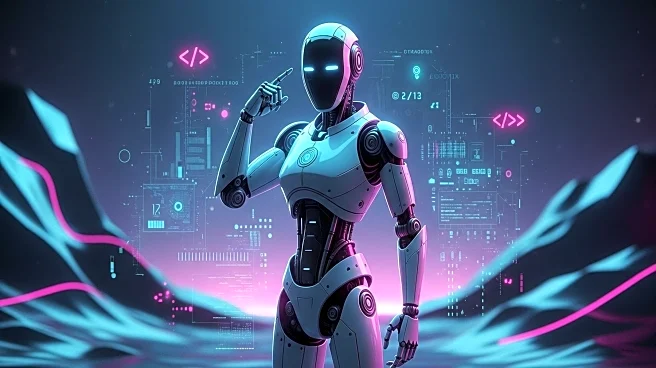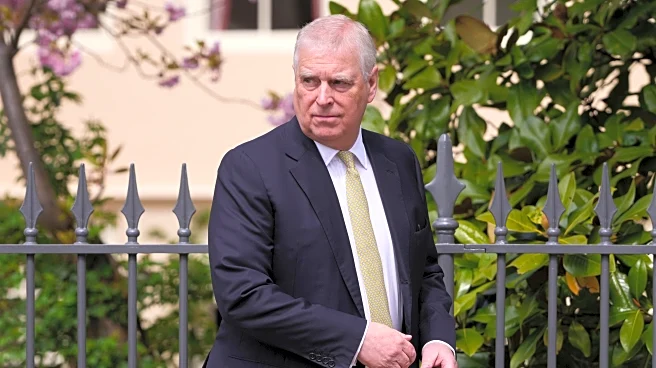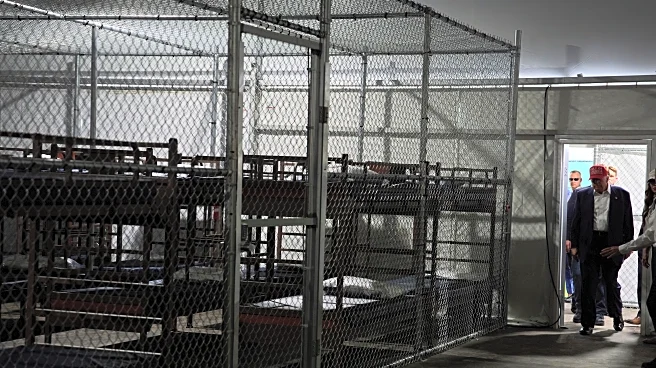What's Happening?
Michael Douse, the director of publishing at Larian Studios, has publicly criticized Elon Musk's recent announcement regarding the development of an AI-generated video game. Musk, through his AI studio XAI, has promised to release a 'great' AI-generated game by 2026. This announcement was made alongside AI-rendered footage of a military shooter. Douse argues that while AI can be a useful tool in game development, it lacks the creative vision necessary to produce engaging and meaningful games. He emphasizes that the gaming industry needs more creative expressions rather than algorithmically generated content. Douse's comments highlight a broader skepticism within the gaming community about the role of AI in creative processes.
Why It's Important?
The debate over AI's role in game development is significant as it touches on broader concerns about creativity and innovation in the industry. If AI-generated games become prevalent, it could lead to a shift in how games are developed, potentially impacting jobs and the creative process. Critics like Douse argue that AI lacks the human touch necessary for creating compelling narratives and experiences, which are crucial for the success of games. This skepticism reflects a broader industry concern about maintaining artistic integrity and innovation in the face of technological advancements. The outcome of this debate could influence future industry standards and consumer expectations.
What's Next?
As Musk's AI studio progresses with its plans, the gaming industry and its stakeholders will likely continue to monitor developments closely. If Musk's project succeeds, it could pave the way for more AI-driven initiatives in gaming, potentially altering development practices. However, if it fails to meet expectations, it may reinforce the belief that human creativity is irreplaceable in game development. Industry leaders, developers, and consumers will be key players in shaping the future role of AI in gaming, with potential implications for how games are created and consumed.
Beyond the Headlines
The ethical implications of AI in creative industries are profound. As AI technology advances, questions about authorship, intellectual property, and the value of human creativity become more pressing. The gaming industry, known for its innovation, may serve as a testing ground for these broader societal issues. The balance between leveraging AI for efficiency and preserving human creativity will be crucial in determining the future landscape of not only gaming but other creative fields as well.










